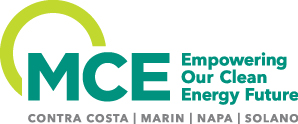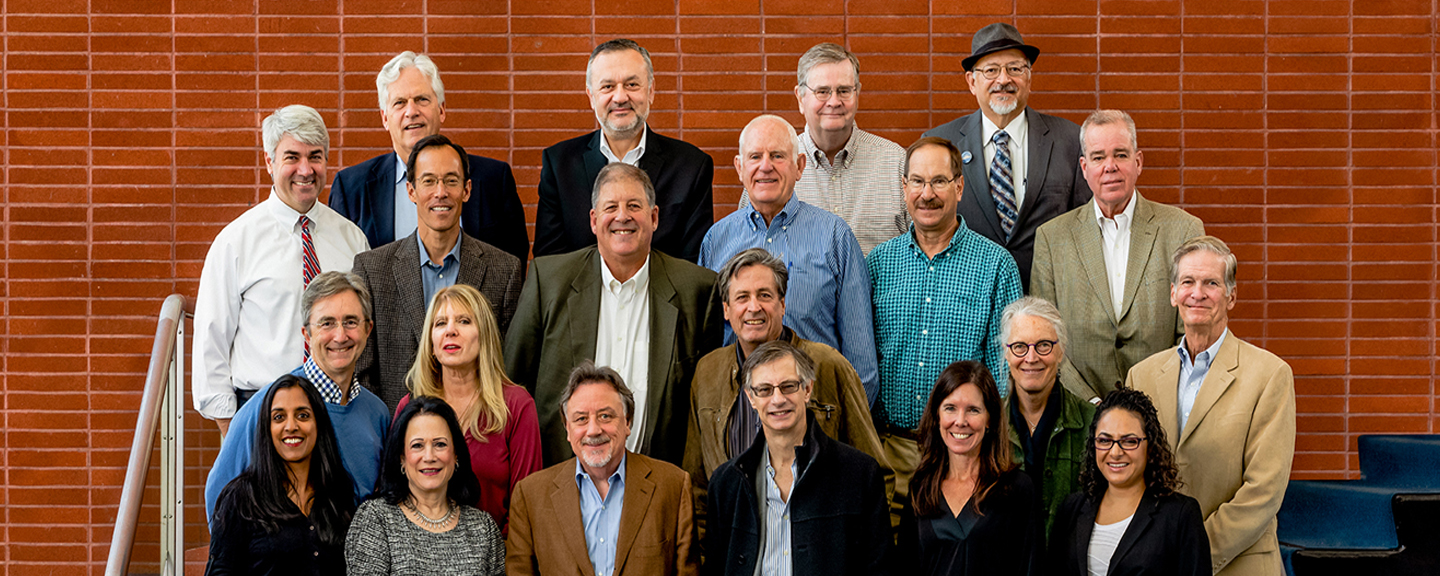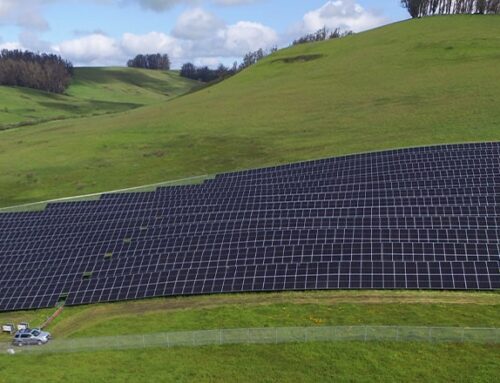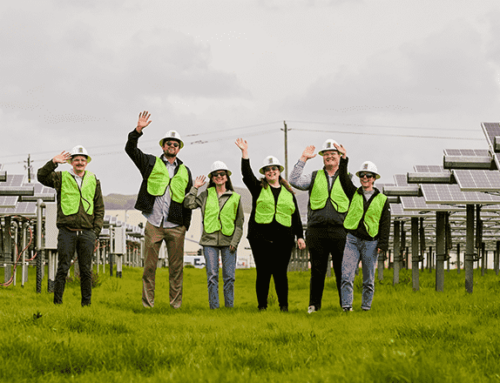MCE’s Autonomy and Priorities
Community Representation: MCE’s Board of Directors
MCE is a not-for-profit, public agency governed by a Board of Directors (partial group pictured above) composed of elected officials representing the community voice in agency decisions. In meetings that are open to the public, MCE’s Board democratically votes on agency policy, approves programs, and sets generation rates for electric service.
Sharing the Wealth
As public agencies, Community Choice Aggregation (CCA) agencies like MCE don’t have to pay shareholder profits, which helps to maintain competitive rates. CCAs are also structured in a way that provides increased transparency and visibility into the progress towards achieving de-carbonization goals. CCAs are as regulated – if not more regulated – than investor-owned utilities (IOUs). They meet the same obligations as IOUs for resource adequacy, renewable energy content, and energy storage while also being subject to the Brown Act for appropriately noticing and holding public meetings, Public Records Act for providing information access and transparency to the public, and any additional local sunshine ordinances.
With this autonomy and public mandate, MCE’s Board has the flexibility and sovereignty to set the priorities and direction of the agency to reflect community values and concerns, infusing MCE with a unique sensitivity to local community affairs. Here, we will discuss some of the sustainable policies and rate setting design practices that make MCE responsive to community needs and concerns.
Making Diversity a Policy
MCE’s Sustainable Workforce and Diversity Policy makes it an agency priority to support strong job creation, local economic investment, and diverse hiring practices through contracting and agency initiatives. This extends to support for fair compensation, local renewable development, union labor, training and apprenticeship programs, local businesses, creating California jobs, and workforce initiatives in low-income and disadvantaged communities.
Inclusion Through Community Engagement
Whereas MCE’s Board of Directors represents a top-down approach to community input and priorities, MCE has created additional communication channels that allow for a bottom-up approach to community engagement and feedback. MCE’s Community Power Coalition meets on a bimonthly basis. Formed in 2014, this collective of advocacy organizations is focused on the interests of underrepresented and historically marginalized constituencies through collaborations with local partners and open dialogue with communities.
As of 2018, the Community Power Coalition represents 35 local organizations working on issues ranging from conservation to environmental justice. Member organizations include GRID Alternatives, Communities for a Better Environment, Sierra Club Bay Chapter, and The Greenlining Institute, for example. It meets regularly to discuss regulatory and legislative issues, provide feedback on procurement and programs, build community awareness, and hear updates on the Community Choice movement.
Conclusion
CCAs have a rich opportunity to develop policies, programs, and procurement at the ground-level with input from grassroots partners and direction from community representatives to positively engage traditionally excluded groups to ensure a diverse set of community interests benefit from our industry. As California’s first CCA, MCE has advocated for affordable rates, local jobs, and community benefits. Today, we’re proud that the movement has spread throughout the State, with 19 CCAs now serving California.
In their role as public, not-for-profit agencies, CCAs share a commitment to inclusion and representation of our diverse communities through democratic governance and intensive community engagement. MCE and sister CCAs prioritize equity and inclusion in a wide range of our planning and policy decisions, putting policy into practice through programs to reduce energy- and transportation-related greenhouse gas emissions, and bring underrepresented community members into the energy workforce. MCE is dedicated to creating a powerful, nimble, and responsive opportunity to address community needs through clean energy access, jobs and economic benefits, and healthier environments.






